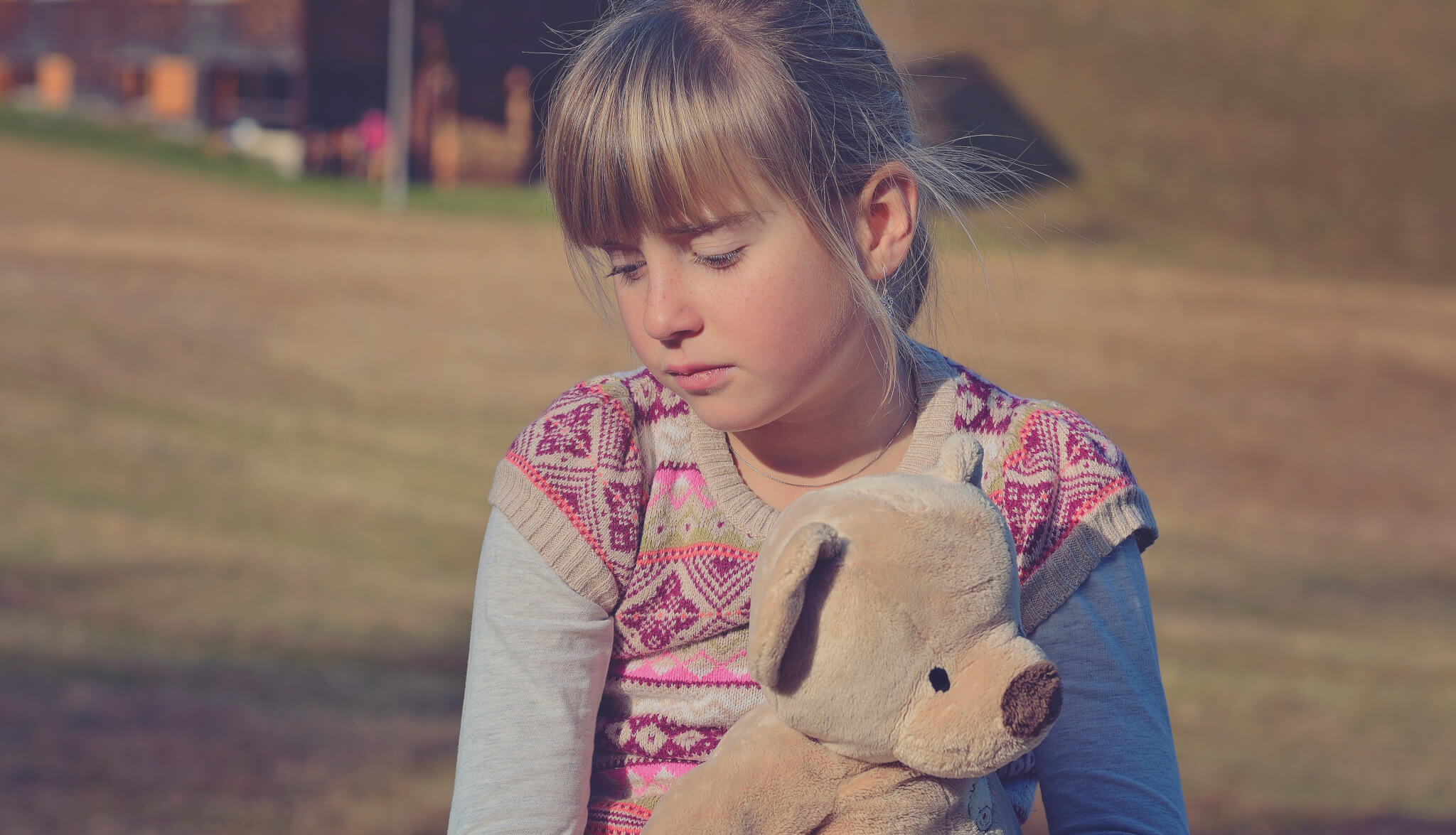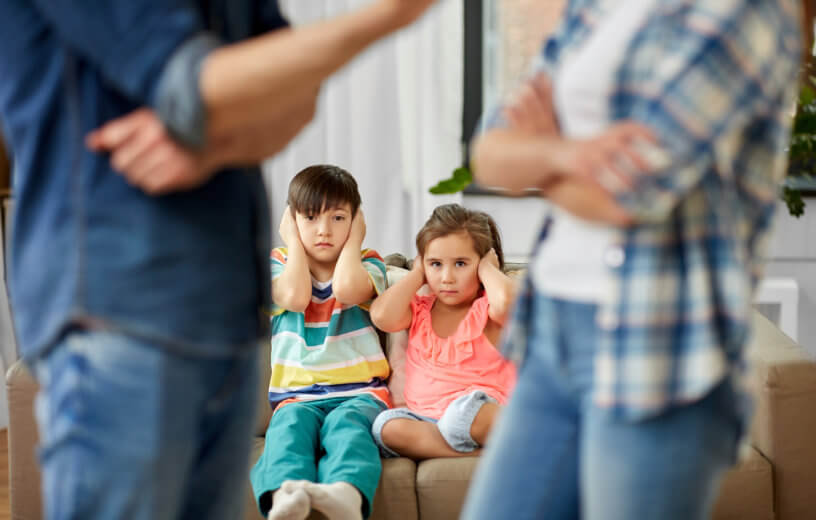SAN FRANCISCO — Can experiencing trauma as a kid truly “scar you” for life? An unhappy childhood could cause long-lasting effects that stick around through adulthood, affecting physical and cognitive ability, according to new research.
Studies have examined how experiencing hardships as a kid can lead to lots of health issues as a young or middle-aged adult, but this UC San Francisco study highlights the link between childhood trauma and older adulthood. Different forms of childhood trauma could include physical abuse, severe illness, family financial stress, or being separated from parents.
“We looked at self-reported disability, as well as objectively measured physical and cognitive impairment, and learned that early life stressful experiences can have ramifications all the way into older age,” says senior author Alison J. Huang, MD, a UCSF professor of medicine and director of research in General Internal Medicine at UCSF Health, in a university release.
“This can mean a higher likelihood of difficulty walking, or carrying out activities of daily living, or problems with memory when people are in their 60s, 70s, 80s, or older.”
Currently, according to the Centers for Disease Control and Prevention (CDC), close to 60 percent of U.S. adults have experienced one or more types of adverse childhood experiences (ACEs), which can affect a child’s sense of safety or stability. This is linked with chronic physical and mental health problems, even ones you wouldn’t expect, like heart disease or diabetes. Moreover, there’s little existing research that documents the health implications of ACEs across an entire lifespan, even though older adults are generally most at risk for most health conditions.

The researchers looked at data from the National Social Life, Health and Aging Project, which is a national cohort of older U.S. adults. Almost 3,400 participants living in community settings were included and were, on average, between 50 and 97 years-old. The participants were asked about ACEs and underwent balance and walking tests, along with cognition and memory. Difficulty with performing daily activities was also assessed.
Almost half (44%) of participants reported a history of at least one ACE between the ages of six and 16, including experiencing or witnessing violence, financial stress, separation from a parent, and poor health during childhood. Additionally, one in five reported more than one adverse childhood event. The team also found that those who suffered violence as children were 40 percent more likely to have mobility impairment and 80 percent more likely to have difficulty with everyday activities later in life. Those who came from unhappy families were 40 percent more likely to have mild cognitive impairment as well.
In 2021, California became the first state to mandate commercial insurance coverage screen for early stressful or traumatic experiences in both children and adults, which could be a crucial step. There are eight other states considering the same thing. At the same time, this type of screening is controversial given that evidence isn’t clear-cut on the effects that trauma has on long-term health.
“Given how common ACEs were among our participants, it shows that stressful early life experiences may be markers of risk of functional impairment and disability later in life,” says first author and UCSF medical student Victoria M. Lee. “This raises implications for geriatric care: early recognition of childhood trauma may be useful in identifying adults who might benefit from screening or prevention strategies for aging-associated functional decline.”
The findings are published in the Journal of General Internal Medicine.
You might also be interested in:
- Your diet, fitness level in midlife may dictate your overall health in old age
- Close friendships could combat life-shortening harms from having troubled childhood, baboon study suggests
- Experiencing parental domestic violence as a child linked to mental illness in adulthood

